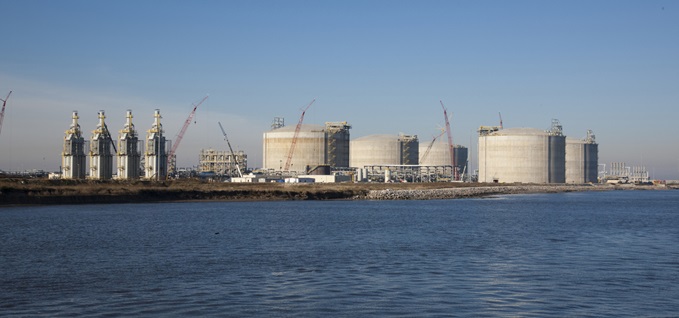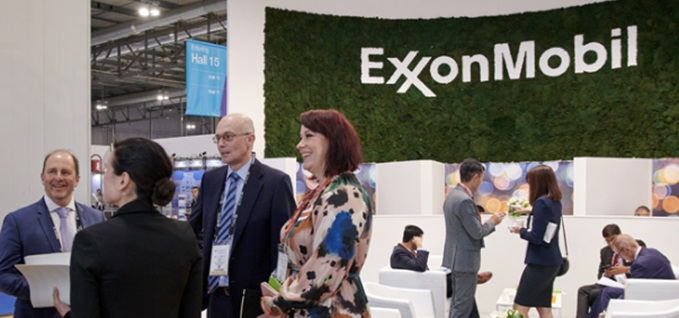Looking for all the latest news from ExxonMobil LNG and from around the LNG industry?
You’ll find it right here!
Keep up to date with all the latest stories from conferences, events and exhibitions such as Gastech and CERAWeek. You’ll find articles and new insights, and you’ll be in the know on any new ExxonMobil LNG announcements, agreements, co-ventures and investments.
You’ll also find updates on Power Play and our other initiatives. You can also keep updated by following us on LinkedIn!
Latest news highlight:

Meet the winners of the 2025 Power Play Awards!
The 2025 Power Play Awards have now concluded. Meet this year’s category winners and help us celebrate the remarkable women in the LNG and decarbonization industries and the men who help support and empower them. Congratulations to all the winners of the seventh annual Power Play Awards!

Industry news
Stay on top of our activities within the LNG industry by reading our latest news stories.
Read now


